News

For many Kentuckians with dementia, medical interventions may seem like the only choice, but a new University of Kentucky study shows that prioritizing joy and engagement through enrichment activities is vital for the health of both residents and the caregivers who support them.

Two University of Kentucky College of Medicine students, Carlie Arlinghaus and Riya Patel, have been chosen for the Health Disparities Research Training (HDRT) Fellowship.
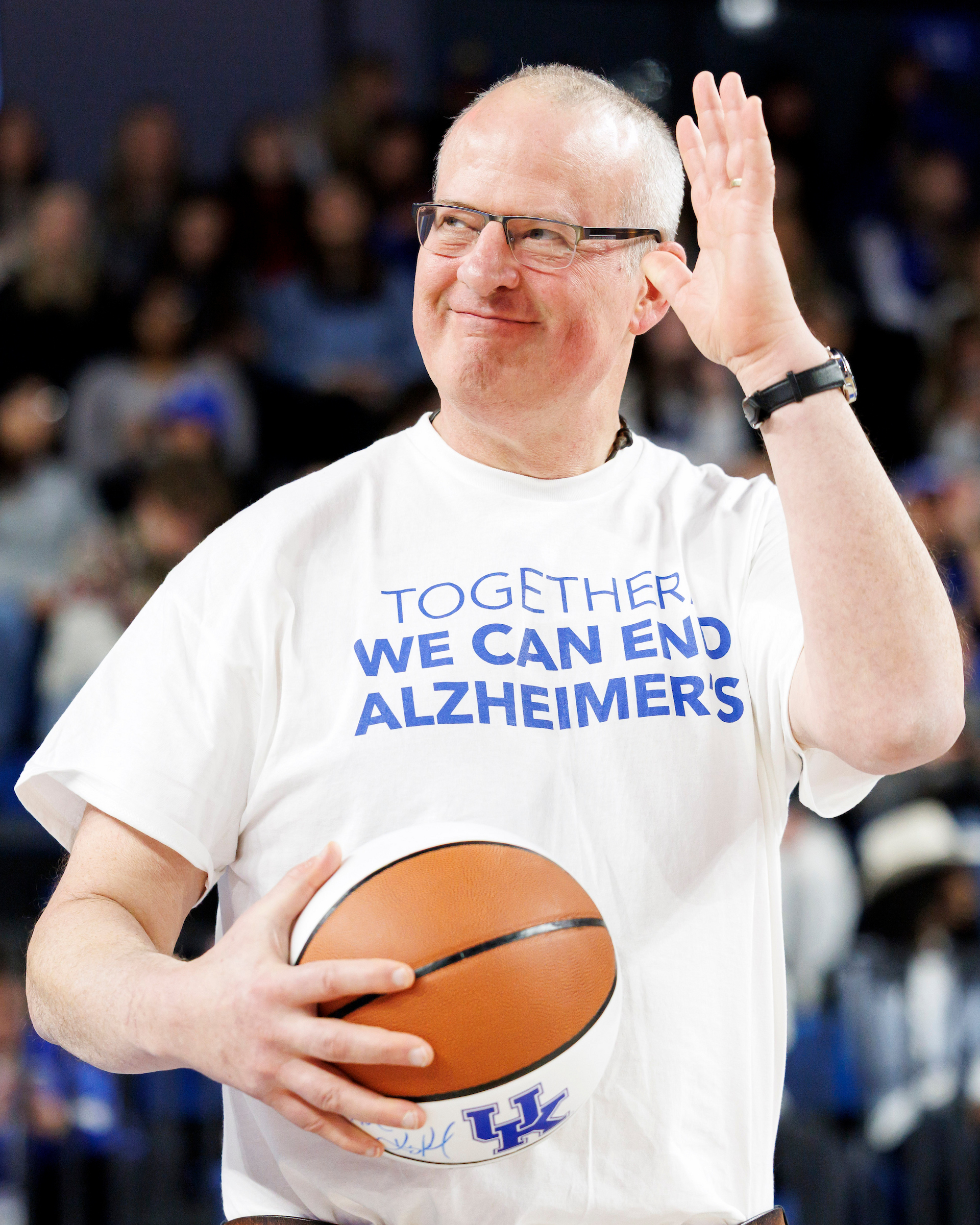
Each year UK Athletics, UK HealthCare, and the Sanders-Brown Center on Aging partner in the “We Back Pat” basketball game. This game, in honor of the legendary coach, Pat Summitt, who died of Alzheimer’s disease, brings awareness to Alzheimer’s research, care, and education.


Imagine being able to see the invisible—amyloid plaques, tau tangles, and metabolic changes in the living brain. This is no longer science fiction; it’s reality at the University of Kentucky.
Elizabeth Rhodus, PhD, joined Fox 56 News to share about dementia warnings signs families may notice around the holidays as well as best practices for caring for caregivers.
Watch the full interview here.
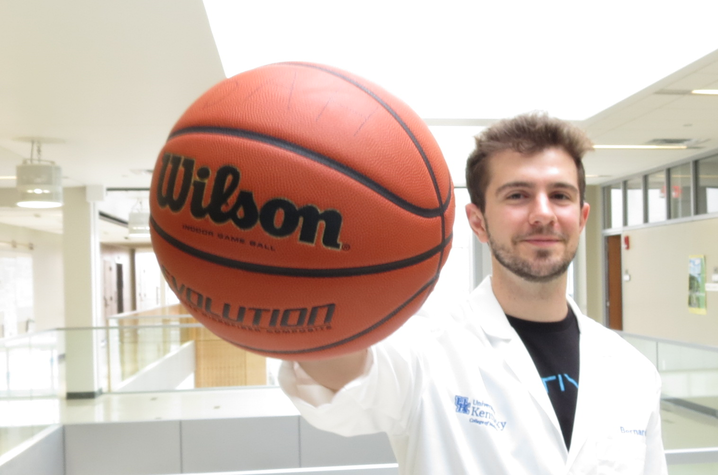
The University of Kentucky’s Sanders-Brown Center on Aging is home to researchers pushing the field of Alzheimer’s science forward — among them, soon-to-be graduate Bernardo Aguzzoli Herbele, who will earn his doctorate in neuroscience this month.

By Dana G. Smith
Dec. 1, 2025
This article was published by the New York Times. Read the full article on New York Times.

Samuel Lundt, PhD, a trainee in Dr. Maj-Linda Selenica’s lab, joined the UK Sanders-Brown Center on Aging in 2024 as a T32.
It was not by accident he found his way to UK. He was at an academic lab meeting in Portland where he met BBSRB researcher Dr. Zain Quadri, who knew about the T32 and suggested he apply. Lundt made no hesitation and went for it!

Note: This article was published by the New York Times. Read the article here.
By Pam Belluck
University of Kentucky researchers have developed a new experimental model that could point the way toward more effective Alzheimer’s disease treatments by targeting one of the brain’s most important genes for risk and resilience.
The University of Kentucky College of Medicine Awards Convocation recognizes excellence across our institution. During the annual event, faculty, staff, and learners were recognized for their exceptional contributions to education, research, clinical care, and service. On Oct.

A University of Kentucky team has been selected for the 2025-26 Scholars Transforming Through Research (STR) Program of the Council on Undergraduate Research (CUR). The five-month program culminates in a two-day event March 2026 on Capitol Hill in Washington, D.C.
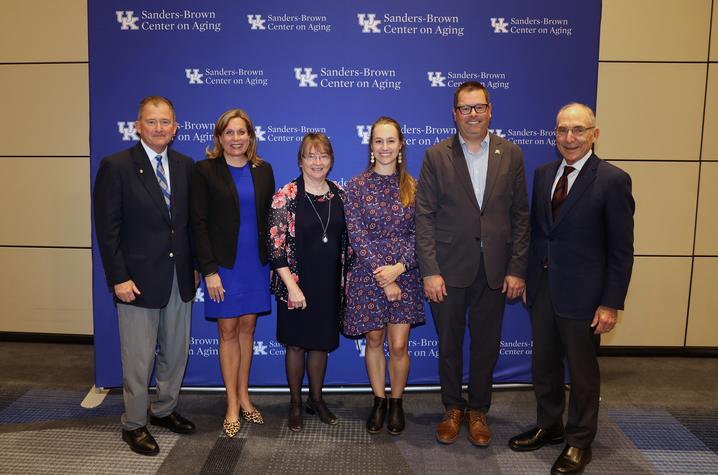
University of Kentucky leadership, along with state and community leaders, joined members of the Sanders-Brown Center on Aging to celebrate a significant achievement: 40 years of continuous funding from the National Institutes of Health (NIH) for their revolutionary work in the field of Alzheimer’s and dementia.
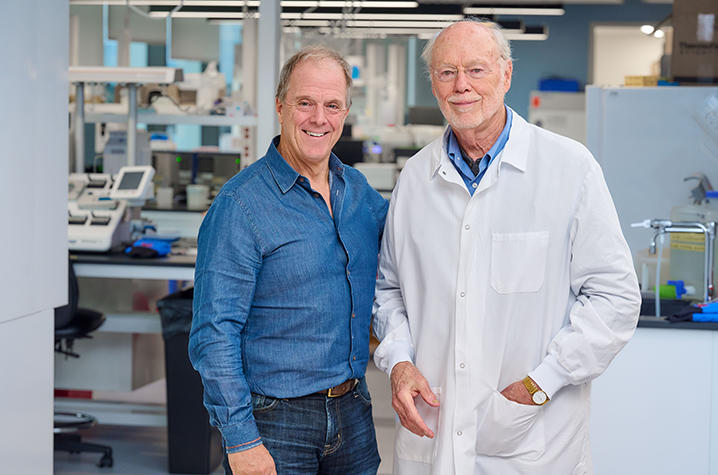
The University of Kentucky community is invited to the documentary film premiere of “Cracking the Code: Phil Sharp & the Biotech Revolution” 7:15 p.m. Thursday, Oct. 23 at the Kentucky Theatre, with a post-screening conversation on UK biotech research, innovation and commercialization.
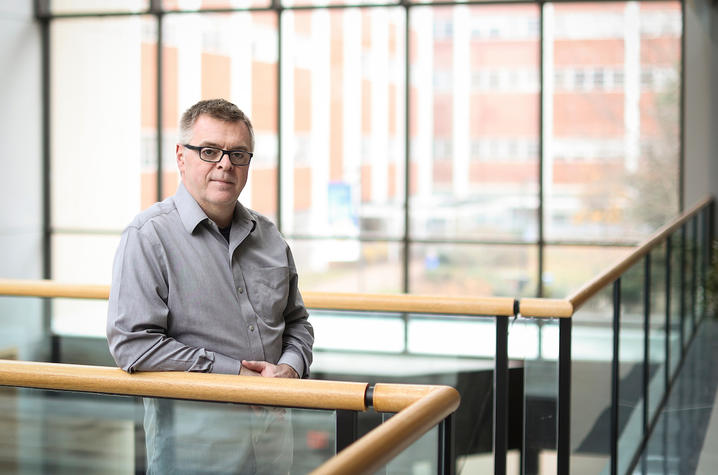
A prestigious grant from the National Institute on Aging will launch a new initiative at the University of Kentucky Sanders-Brown Center on Aging to train the next generation of Alzheimer’s disease scientists.
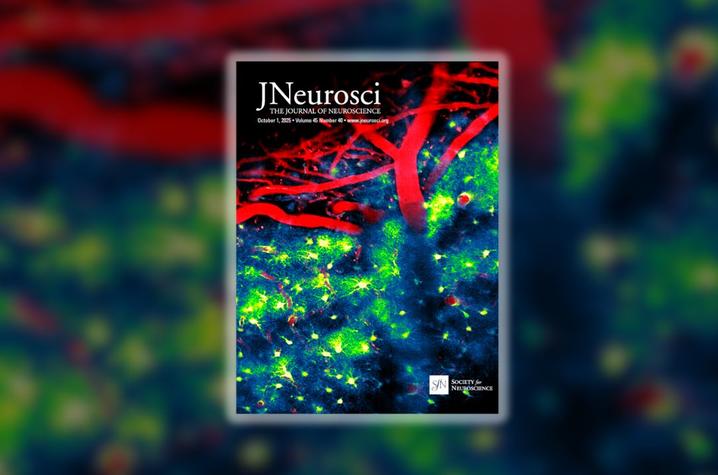
A team of researchers at the University of Kentucky Sanders-Brown Center on Aging now have a better understanding of how the brain’s support cells communicate with blood vessels — a process that goes awry in Alzheimer’s disease.
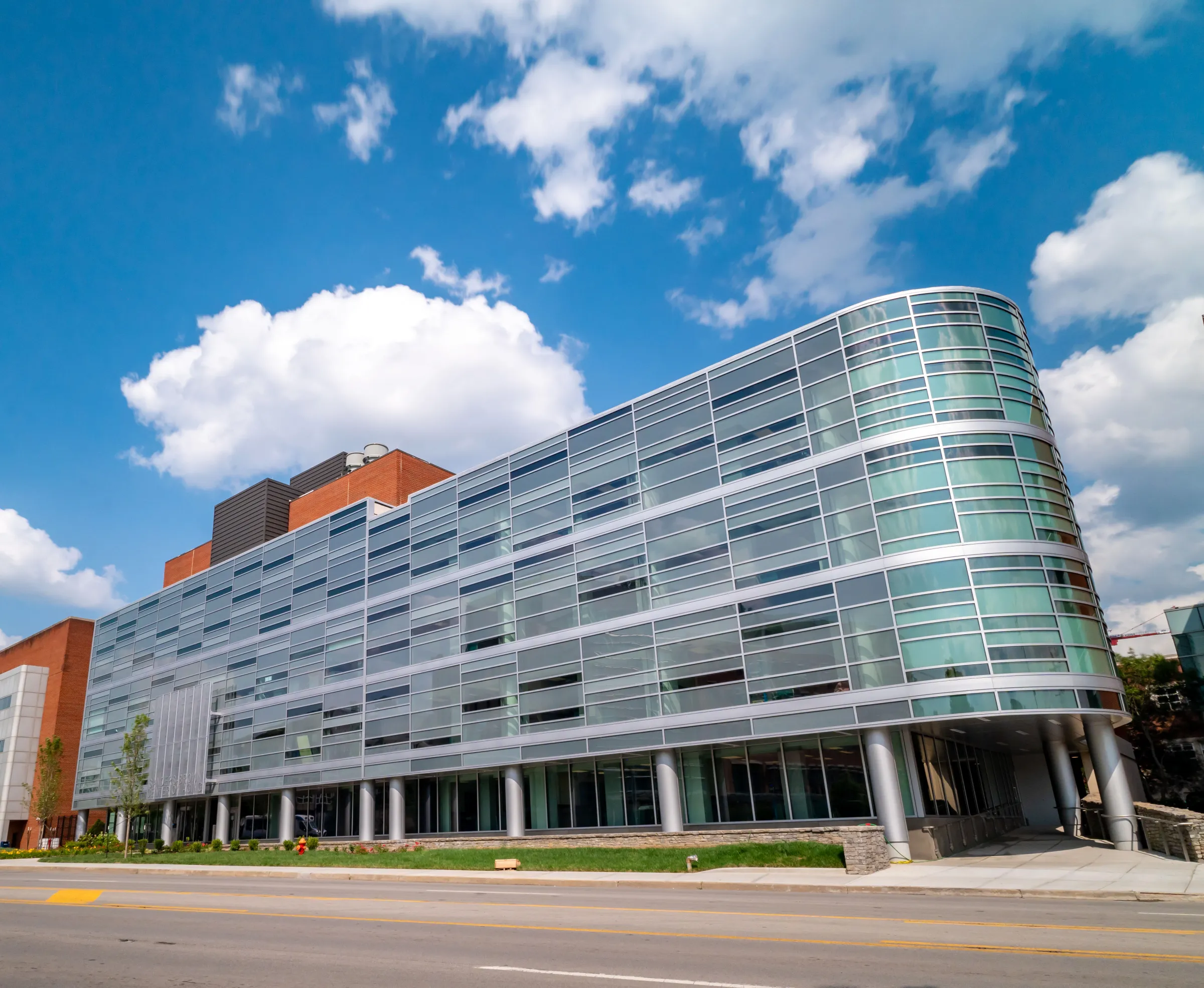
The UK Sanders-Brown Center on Aging celebrates its 40th Anniversary as a National Institute on Aging Alzheimer's Disease Research Center (ADRC) this year!

The 15th annual Markesbery Symposium on Aging and Dementia, an educational event for both the scientific community and the public, will take place Oct. 31-Nov. 1, 2025. The scientific session will be held at the Gatton Student Center at the University of Kentucky, and the community session will be held at the Central Bank Center. The community session is free and open to the public.

M. Paul Murphy, PhD, professor of molecular and cellular biochemistry and researcher at the UK Sanders-Brown Center on Aging, has been appointed chair of the Chronic Dysfunction and Integrative Neurodegeneration (CDIN) study section for the National Institutes of Health (NIH).